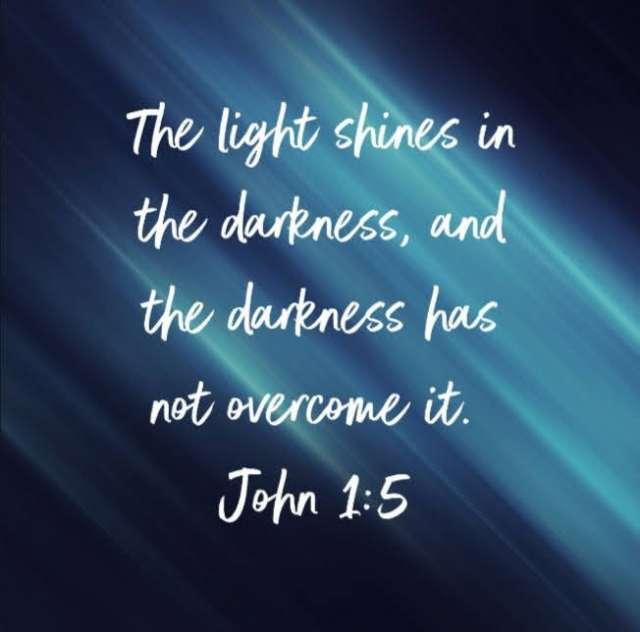Slaughterhouse-Five
Books | Fiction / Literary
3.9
(28.6K)
Kurt Vonnegut
Kurt Vonnegut’s masterpiece, Slaughterhouse-Five is “a desperate, painfully honest attempt to confront the monstrous crimes of the twentieth century” (Time). Selected by the Modern Library as one of the 100 best novels of all time • One of The Atlantic’s Great American Novels of the Past 100 Years Slaughterhouse-Five, an American classic, is one of the world’s great antiwar books. Centering on the infamous World War II firebombing of Dresden, the novel is the result of what Kurt Vonnegut described as a twenty-three-year struggle to write a book about what he had witnessed as an American prisoner of war. It combines historical fiction, science fiction, autobiography, and satire in an account of the life of Billy Pilgrim, a barber’s son turned draftee turned optometrist turned alien abductee. As Vonnegut had, Billy experiences the destruction of Dresden as a POW. Unlike Vonnegut, he experiences time travel, or coming “unstuck in time.” An instant bestseller, Slaughterhouse-Five made Kurt Vonnegut a cult hero in American literature, a reputation that only strengthened over time, despite his being banned and censored by some libraries and schools for content and language. But it was precisely those elements of Vonnegut’s writing—the political edginess, the genre-bending inventiveness, the frank violence, the transgressive wit—that have inspired generations of readers not just to look differently at the world around them but to find the confidence to say something about it. Authors as wide-ranging as Norman Mailer, John Irving, Michael Crichton, Tim O’Brien, Margaret Atwood, Elizabeth Strout, David Sedaris, Jennifer Egan, and J. K. Rowling have all found inspiration in Vonnegut’s words. Jonathan Safran Foer has described Vonnegut as “the kind of writer who made people—young people especially—want to write.” George Saunders has declared Vonnegut to be “the great, urgent, passionate American writer of our century, who offers us . . . a model of the kind of compassionate thinking that might yet save us from ourselves.”More than fifty years after its initial publication at the height of the Vietnam War, Vonnegut’s portrayal of political disillusionment, PTSD, and postwar anxiety feels as relevant, darkly humorous, and profoundly affecting as ever, an enduring beacon through our own era’s uncertainties.
Science Fiction
Historical Fiction
World War 2
Time Travel
AD
Buy now:
More Details:
Author
Kurt Vonnegut
Pages
288
Publisher
Random House Publishing Group
Published Date
1999-01-12
ISBN
0385333846 9780385333849
Ratings
Google: 5
Community ReviewsSee all
"This was a book I missed out on in high school and honestly I’m pretty glad I didn’t read it then, I don’t believe I would have appreciated the genius of it in my young and jaded years. It’s such a unique treatment of ptsd and the plain, accessible language means no one is exempt from reading this story due to prerequisites of decoding self important, high brow treatment of the language. Fresh off finishing the book, I am most moved by Vonnegut’s immense love for humanity to have created this book for us all. "
C
CaitVD
"I can't remember much about the writing style aside from what's already widely known about Vonnegut. What I can say is that there are multiple scenes and idea of life that have stayed in my head, which I recall very frequently, and have so since I first read this book in the Summer of my sophomore year. I'm 30 now, and still see truths occur first shown to me by this book."

















